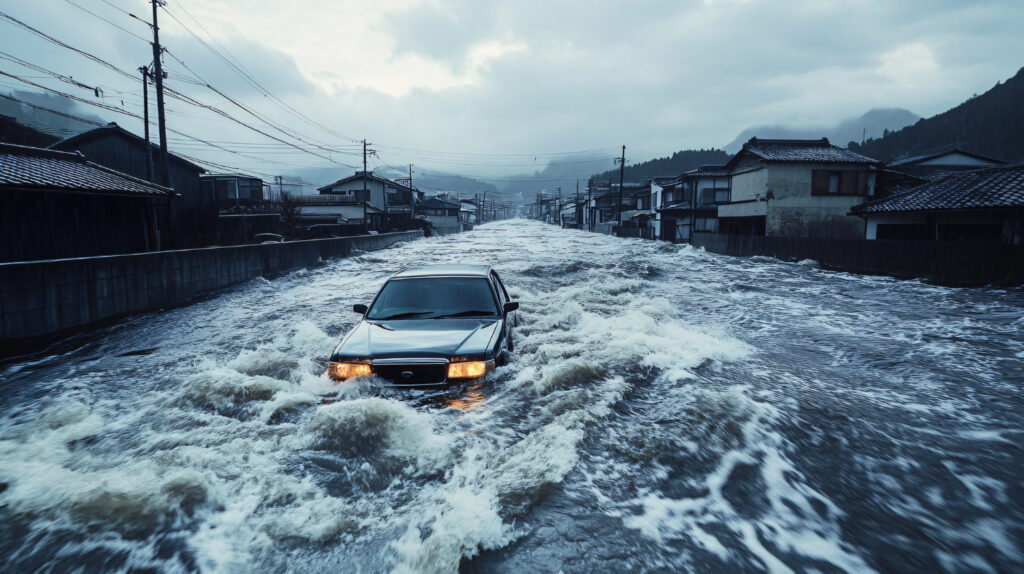Every year, the monsoon paints the mountains a vibrant green. It’s a sight we all love, and for decades, it has symbolized life and renewal for the people of Himachal Pradesh and Uttarakhand.
But over the past few years, this beautiful canvas has been splattered with a harsh, uncomfortable truth: the “natural disasters” are our own creations.
We have all seen the images—washed-out roads, collapsed hotels, and stranded tourists. Yet, the conversation often stops at blaming nature’s fury. What we fail to address is the silent, ongoing destruction driven by a collective, fetish-like desire for short-term luxury and convenience in fragile ecosystems.
The Uncomfortable Truth About Our Fetish
As professionals and consumers, we demand more. We want resorts with swimming pools on steep slopes, wide roads that cut through ancient forests, and high-speed internet in valleys where people still struggle for basic infrastructure. This demand fuels an economy of unsustainable, unplanned construction.
This isn’t just about a few “bad” builders. It’s a systemic problem where development is dictated by profit margins, not ecological boundaries. This is the very contradiction of the mountain economy: it relies on tourism for livelihood, but that tourism is rapidly eroding the very foundation it stands on. The cost isn’t just a few cancelled trips; it’s lost lives, destroyed livelihoods, and a permanent scar on an ecosystem that acts as a vital carbon sink for the planet. Our local choices have a global impact.
From Consumer to Catalyst: Our Role
We often point fingers at policymakers and contractors, but as civilians, we are not passive observers. We are active participants in this cycle.
So, what can we do? Here’s a new approach for a new era of travel:
- Demand Sustainability, Not Just Amenities: Before booking, ask about a hotel’s waste management, water usage, and local hiring practices. Your questions send a powerful market signal. Choose businesses that are built to respect the mountains, not just profit from them.
- Rethink Your Road Trips: The carbon footprint of thousands of vehicles adds to the very climate instability that leads to extreme weather. Consider alternative travel options where possible, or travel in groups to minimize the number of vehicles on narrow, fragile roads.
- Support the Real Local Economy: Instead of staying in large, extractive resorts, choose homestays and local guesthouses. Buy from local artisans and farmers. This ensures that the money you spend directly benefits the community, fostering a more sustainable and equitable form of tourism.
- Respect the Land as a Sacred Space :Let’s move past the idea of mountains as just backdrops for a vacation photo. They are living ecosystems, sacred spaces for millions, and a vital part of our planet’s health. Treat them with the respect they deserve by leaving no trace and educating others.
We have built a complex problem fueled by a simple desire. The solution starts not with grand policies from the top down, but with a fundamental shift in our own mindset, from the ground up.
💬 What do you think? How can we, as a collective, make our travels in India a force for good, not a source of disaster?
